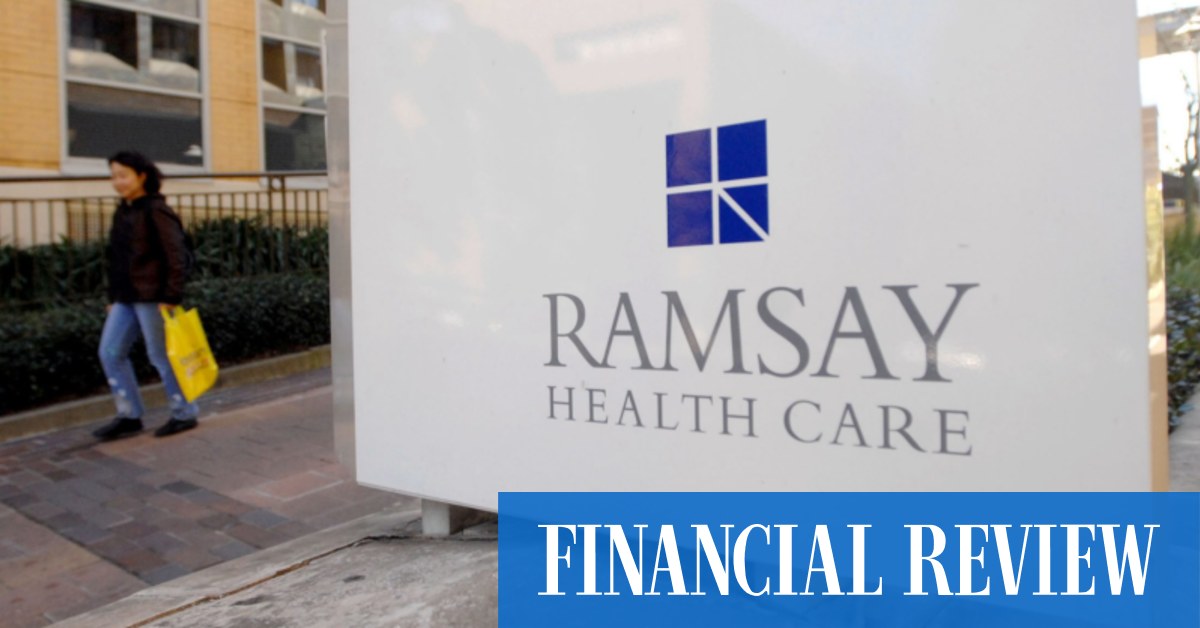“We want our members to know that our first priority in our negotiations with Ramsay has been to keep healthcare costs affordable, especially when cost of living pressures continue to impact families,” he said.
While Ramsay and Bupa are further negotiating to reach a deal, Ramsay said it is communicating with patients about their options, including swapping health funds.
Jefferies analyst David Stanton said in a note to clients he considers private health insurance switching costs to be low, and Ramsay may not suffer from lower patient visits.
“Australia has full portability of [private health insurance] policies. This means that once the requirements of the ‘waiting period’ under a first policy have been satisfied, there is no need to repeat this with every move to another insurer,” he said.
He said Bupa customers may find it “relatively easy” to move to another insurer and avoid a large out-of-pocket payment to be treated in a Ramsay hospital. “Hence, [Ramsay] might not suffer much volume decline from this decision.”
In July Bupa penned a new deal with Victoria’s largest not-for-profit private hospital group Epworth HealthCare. This followed two other deals with large private hospital groups Cabrini Health and Mater Health.
Ramsay is the subject of a potential binding bid from a KKR & Co-led consortium which is still pending.
KKR is believed to be renewing its push for due diligence on the hospital group’s French assets, which has been met with push back by Ramsay Sante’s second-biggest shareholder, Predica.
Ramsay shares on Tuesday afternoon were trading flat at $70.61, still well below the $88 a share indicative bid by KKR and its partners.
